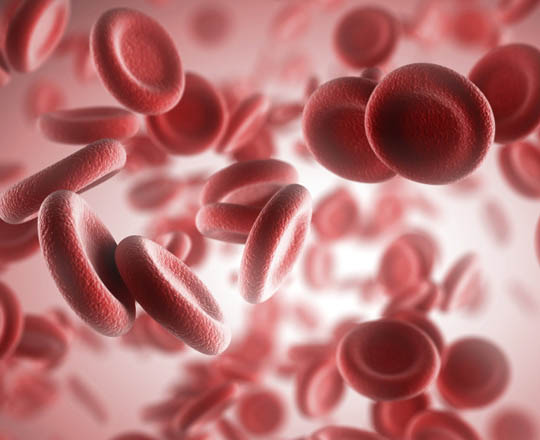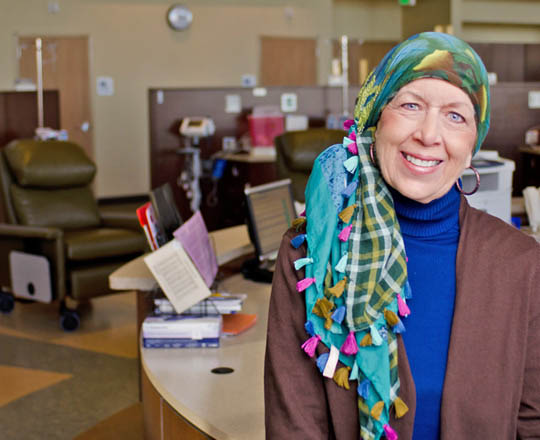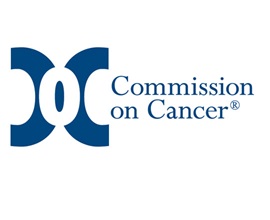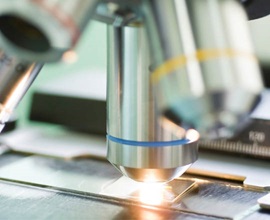
For advanced, compassionate care for cancer and blood disorders, patients and their families have trusted St. Luke's for more than 50 years. Today we are a network of five cancer centers dedicated to state-of-the-art treatment close to home; patient-centered care and support; cutting-edge research; and community prevention, education, and early detection initiatives.
Our main cancer center in Boise brings you medical and radiation oncology specialists, as well as fellowship trained cancer surgeons in areas such as thoracic, hepatobiliary, gynecologic, and urologic oncology. Our care team also offers autologous and allogeneic bone marrow/stem cell transplant, and our facility is a National Marrow Donor Program (NMDP) apheresis center. We’re also home to Idaho’s only pediatric cancer program and federally sponsored hemophilia center.We’ll be with you and your family every step of the way during your cancer journey—treating cancer, easing symptoms and side effects, and strengthening you physically, mentally, and emotionally.
-
Location & Contact Info
Accepting New Patients
Yes -
Office Hours
Mon - Fri: 8 a.m. - 5 p.m.Referral Required
Yes -
Before Your Visit
-
For Current Patients
-
After-hours & Weekends
For emergency care before and after regular office hours, please call (208) 327-8055 to reach the St. Luke's Cancer Institute doctor on call. Please reserve after-hours calls for urgent needs. If you haven’t received a return call from the doctor within 30 minutes, please phone again. If you need urgent support for a mental health crisis, please use 988 to call or text the Idaho Crisis & Suicide Hotline.
-

Blog Post
“$250K in 100 Days” local fundraising match launched for cutting-edge CAR T Cell Therapy Program at St. Luke’s
Read More -

Article
Preparing for Your Appointment at St. Luke's Cancer Institute
Tips on what to prepare before your appointment, as well as how to work with your doctor to ask questions and make decisions.Read More -

Article
When to Call Your St. Luke's Cancer Institute Doctor
A quick guide for when and how to get in touch with your cancer care team—day or night.Read More -

Article
The Patient Journey - St. Luke's Cancer Institute
As a cancer patient, it’s important to understand what to expect from your journey, and from the people who will be by your side every step of the way.Read More
Providers
-
Common
-
A
-
B
-
C
-
D
-
E
-
F
-
G
-
H
-
I
-
J
-
K
-
L
-
M
-
N
-
O
-
P
-
Q
-
R
-
S
-
T
-
U
-
V
-
W
-
X
-
Y
-
Z
Procedures & Treatments
-
We offer autologous transplants (using your own stem cells) and allogeneic transplants (using cells from a matched donor).
-
Medications administered orally or intravenously to treat cancer.
-
High doses of radiation to destroy cancer cells (tumors).
-
Breast-conserving surgery (lumpectomy) or surgery to remove the entire breast (mastectomy), as well as a full range of reconstructive options.
-
Minimally invasive and robotic surgery for ovarian, cervical, uterine, vaginal, and vulvar cancers.
-
Advanced procedures including hepatectomy, Whipple, tumor removal, and resection of the liver and pancreas.
-
Minimally invasive and robotic surgery for prostate, bladder, kidney, testis, penile, and urinary tract cancers.
Conditions
-

Anal Cancer
Anal cancer is the abnormal growth of cells in the anus, which is the opening at the end of the rectum.
-
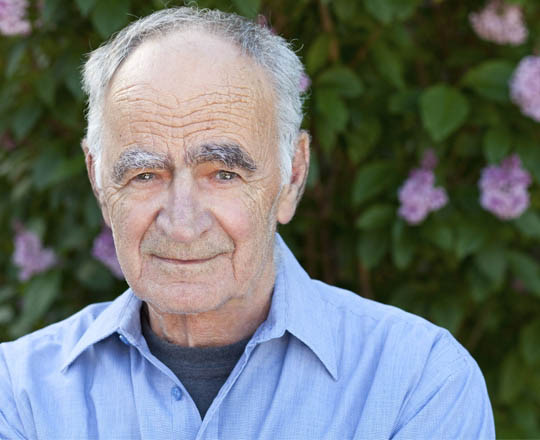
Bile Duct Cancer
A rare disease in which cancer cells form in the ducts that are outside the liver.
-

Breast Cancer
When abnormal cells grow out of control in one or both breasts. They can invade nearby tissues and form a malignant tumor.
-

Colon Cancer
Abnormal cells in your colon or rectum can grow together and form polyps. Over time, some polyps can turn into cancer.
-
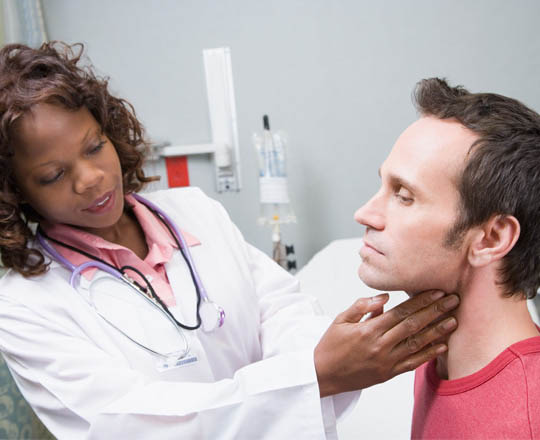
Esophageal Cancer
Cancer located in the hollow, muscular tube that moves food from the throat to the stomach.
-

Head and Neck Cancer
Care for cancers of the sinuses, nasal and oral cavities, tongue, salivary glands, larynx, and pharynx.
-

Hemophilia
A disorder caused by a shortage of certain clotting factors needed to help stop bleeding and prevent spontaneous bleeding.
-
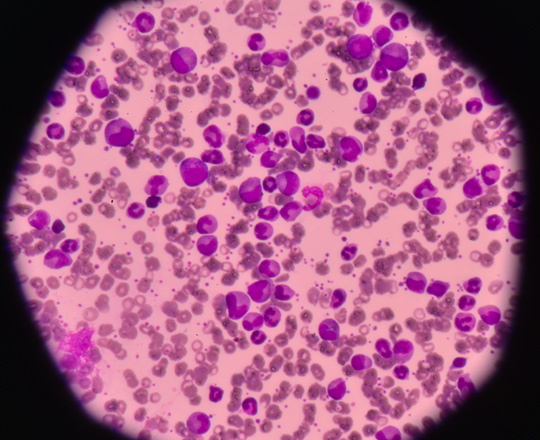
Leukemia
A type of blood cancer when bone marrow starts to make abnormal white blood cells that grow faster than normal cells and don't stop growing when they should.
-

Anal Cancer
Anal cancer is the abnormal growth of cells in the anus, which is the opening at the end of the rectum.
-

Bile Duct Cancer
A rare disease in which cancer cells form in the ducts that are outside the liver.
-

Breast Cancer
When abnormal cells grow out of control in one or both breasts. They can invade nearby tissues and form a malignant tumor.
-

Colon Cancer
Abnormal cells in your colon or rectum can grow together and form polyps. Over time, some polyps can turn into cancer.
-

Esophageal Cancer
Cancer located in the hollow, muscular tube that moves food from the throat to the stomach.
-

Head and Neck Cancer
Care for cancers of the sinuses, nasal and oral cavities, tongue, salivary glands, larynx, and pharynx.
-

Hemophilia
A disorder caused by a shortage of certain clotting factors needed to help stop bleeding and prevent spontaneous bleeding.
-

Leukemia
A type of blood cancer when bone marrow starts to make abnormal white blood cells that grow faster than normal cells and don't stop growing when they should.
-

Liver Cancer
A disease in which cancer cells form in the tissues of the liver; the most common type in adults is hepatocellular carcinoma.
-
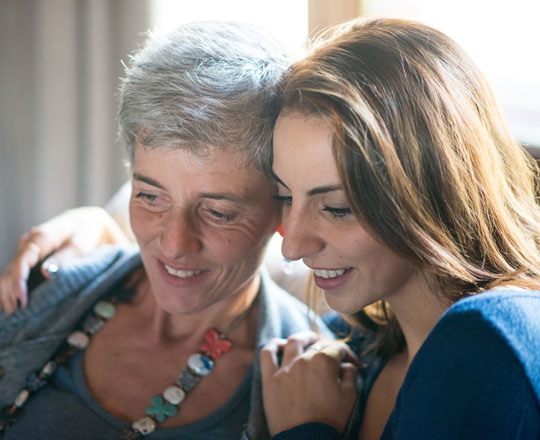
Lung Cancer
St. Luke's offers comprehensive care for lung cancer, its symptoms, and the side effects of treatment.
-
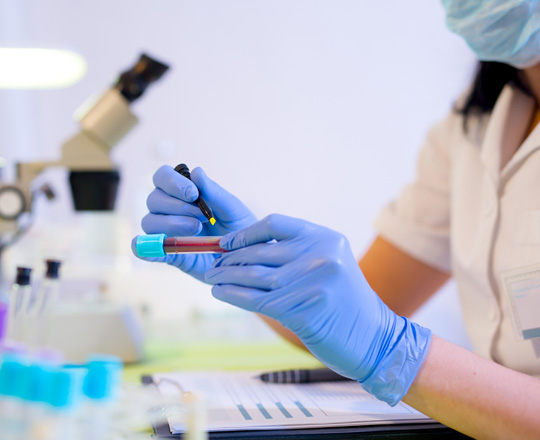
Myelodysplastic Syndromes
Myelodysplastic syndromes (MDS) are a group of cancer conditions caused by abnormal blood cells forming in the bone marrow.
-

Pancreatic Cancer
When abnormal cells grow and form tumors in the pancreas; a small organ deep in the belly, behind your stomach.
-

Prostate Cancer
The abnormal growth of cells in a man's prostate gland.
-

Sarcoma
Cancers found in connective tissue such as bone, cartilage, and muscle.
-

Stomach Cancer
Also known as gastric cancer – a disease in which malignant (cancer) cells form in the lining of the stomach.
-

Von Willebrands Disease
With this bleeding disorder, your blood takes longer to form clots, so you bleed for a longer time than other people.
Supportive Oncology
Caring for the Whole Person
Supportive oncology is an integral part of the St. Luke’s Cancer Institute philosophy that healing comes from caring for the whole person, not just the disease.
You can count on a team of experts who will work alongside your physicians to help you and your family be as strong and stable as possible during your cancer diagnosis, treatment and beyond.
Commission on Cancer Accreditation
Care From a CoC-Accredited Program
St. Luke's holds a Commission on Cancer (CoC) cancer program accreditation. Accreditation by the CoC, a quality program of the American College of Surgeons, demonstrates a cancer program's commitment to providing high-quality, multidisciplinary, patient-centered cancer care. Thirty-four CoC-developed standards set the framework for a cancer program to provide the full scope of cancer care services required to diagnose, treat, rehabilitate, and support all cancer patients.
Clinical Trials at St. Luke's Cancer Institute
Access to Cancer Research
Find a Clinical Trial at St. Luke's Cancer Institute
Classes & Events
-
showing 4 of 10
-
TLC – Starting Chemotherapy at St. Luke's Cancer Institute
Health Management Classesprice tag iconFree, Registration RequiredLearn what to expect as you begin your chemotherapy and/or radiation treatment.
-
price tag iconFree, Registration Required
Yoga offers deeply relaxing, restoring, and therapeutic exercises.
-
calendar iconNext Date & TimeWednesday, Apr 09, 2025 12 p.m.-1 p.m.price tag iconFree, Registration Required
An overview of advance care planning like Power of Attorney for Health Care, Living Will, and POST (Physician Orders for Scope of Treatment).
-
price tag iconFree, Registration Required
Join the oncology dietitians at St. Luke’s for an engaging session on healthy, plant-based eating to support a healthy lifestyle after cancer treatment.
Support Groups
-
showing 4 of 5
-
Cancer Caregiver Support Group
Support GroupsHow do I manage my relationship with my loved one while also being a caregiver? How do I take care of myself while also caring for someone else?
-
LGBTQIA+ Cancer Support Group
Support GroupsAn open group for LGBTQIA+ individuals who have been diagnosed with cancer.
-
Stages 0-2 Breast Cancer Support Group
Support GroupsThis group provides a safe, supportive space to connect, share experiences, ask questions, and navigate life with stages 0-2 breast cancer.
-
Living Through Cancer Support Group
Support GroupsAn ongoing support program for people with cancer and their loved ones. Share your challenges and discuss topics that influence health and well-being.
Access Your Mobile Medical Record Anytime, Anywhere
Sign up for a MyChart account today!
With MyChart, you’re able to view test results, contact your provider, request medication refills, schedule appointments and more. We encourage you to sign up for easy access to the tools and information you need to proactively manage your health. You can also set up online proxy access requests for medical records of children, spouses, or dependents.
There's also an easy-to-use MyChart app available for your mobile devices!

